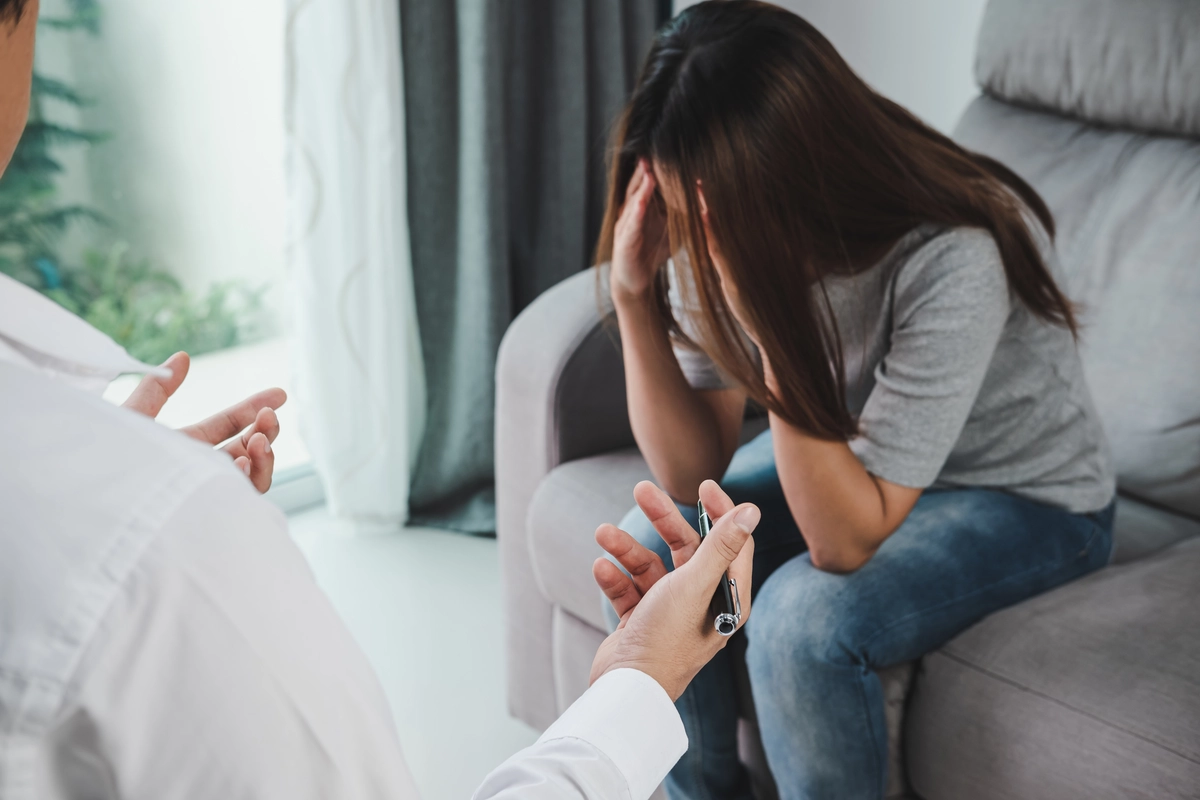24/7 Helpline:
(866) 899-221924/7 Helpline:
(866) 899-2219
Learn more about Group Therapy centers in Gilman
Group Therapy in Other Cities

Other Insurance Options

Magellan Health

Covered California

UMR

Horizon Healthcare Service

BlueCross

Self-pay options

GEHA

WellCare Health Plans

Absolute Total Care
Beacon

Meritain

WellPoint

United Health Care

AllWell

Carleon

Anthem

Group Health Incorporated

Optum

PHCS Network

EmblemHealth














